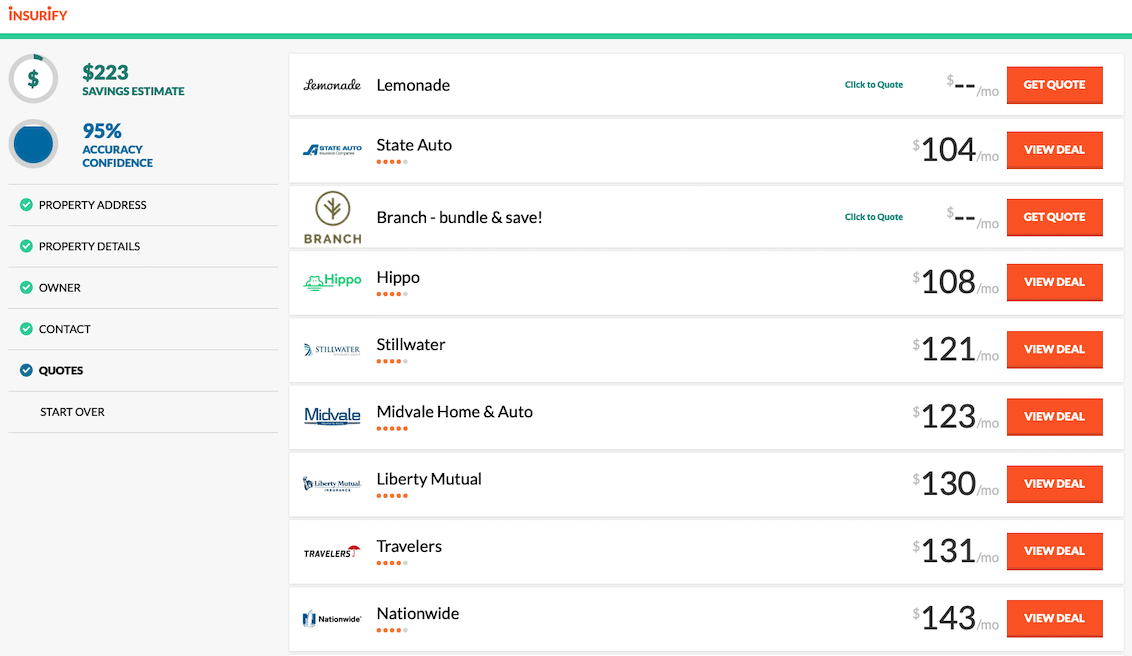
It can sometimes be difficult to understand healthcare terminology. This information is intended to assist you in understanding the process.
An EPO (exclusive provider organization) is a combination of features from a HMO or a PPO. This type of plan stores medical records electronically. This allows you to only see providers within your network. You'll pay more for care outside your network. You might also be charged a higher cost sharing.
A health maintenance program (HMP) is a type of insurance program that covers all medical costs, including deductibles, coinsurance and copayments. Your benefits are not dependent on who you see, unlike a PPO. Your insurance will only cover the cost of services rendered if you visit a provider that is not part of your network.
The Patient as a Partner Approach is a way of engaging patients in the healthcare process. It recognizes that patients' experiential knowledge is as important as the HCP's scientific knowledge. It encourages patients to be involved in their own healthcare. The patient can, for example, get a second opinion from a doctor or consult with one over the phone.

Electronic Medical Records are computerized systems that store all information about you. They are often used to track and monitor your care.
Behavioral health refers to a variety treatment options for mental or substance abuse. Counseling and medication management are two examples. In both hospitals emergency rooms and ambulatory healthcare facilities, behavioral healthcare is available.
Electronic prescribing allows pharmacies and doctors to electronically share patient data. E-prescribing uses computerized systems to transfer prescription information from a physician's office to a pharmacy.
Insurers may review your claims prior to paying them. If your claim meets the requirements, the insurer will reimburse. Preauthorization and precertification are required for certain insurance plans.
HIPAA (Health Information Privacy Act) seeks to establish standard security standards for sensitive information exchange. It is enforced through the Department of Health and Human Services and Centers for Medicare and Medicaid Services.

The Affordable Health Care Act (ACA), which requires all health plans to offer coverage, requires four levels. These levels will vary depending on the income of your household, the number of dependents and the amount of government assistance.
Your annual deductible covers your healthcare costs for the entire year. For instance, if you have an accident or suffer from a major illness, your deductible limits the amount of healthcare that you can spend before your insurance kicks in. The deductible does not cover non-covered services like visits to doctors or hospitals that are not part of your insurance network. You will only be liable for the actual amount of the care you receive when you are in hospital.
You can also use your HSA funds to pay for any healthcare expenses your plan doesn't cover. HSAs, which are tax-advantaged savings accounts, can be used by you to pay for services that aren't covered by your health insurance.